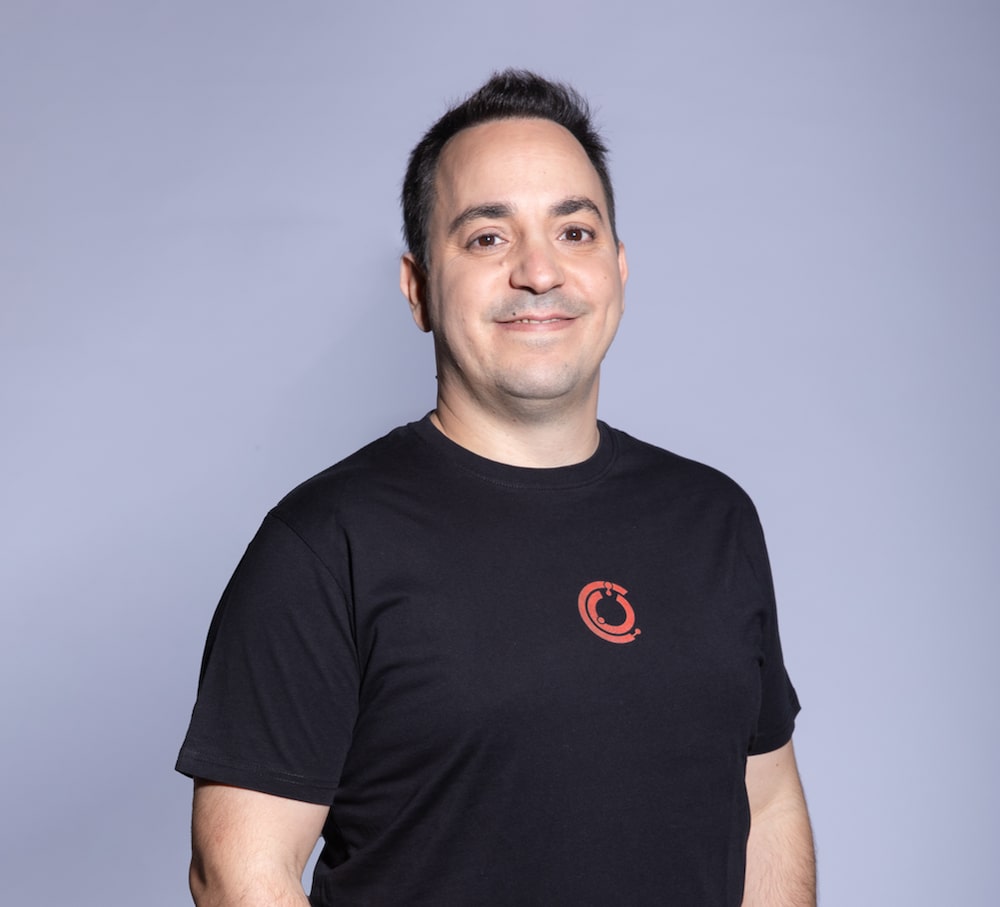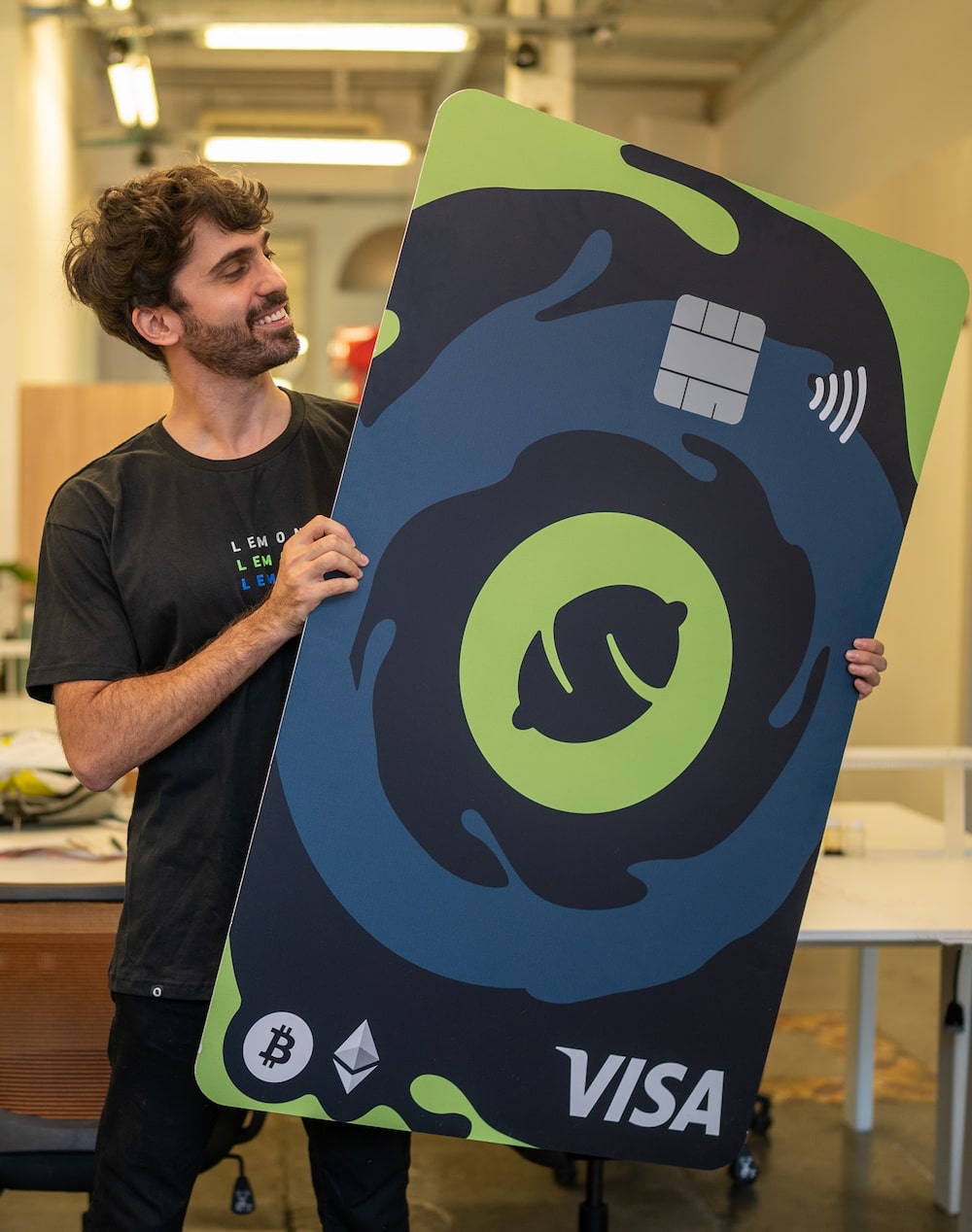Buenos Aires — In 2021, Argentine startups Aleph, Bitfarms (BITF), Mural, Tiendanube, Ualá and Vercel grew their horns and become unicorns, with valuations in some cases above the $1 billion threshold that companies need to attain such status.
In just one year, the number of Argentine unicorns went from five to eleven, joining MercadoLibre (MELI), Despegar (DESP), OLX, Globant (GLOB) and Auth0, making the country something of a cradle of such mythical beasts.
“We are coming from an unprecedented 2021 in terms of capital liquidity for entrepreneurs in Latin America. According to CB Insights, in 2021 funding in Latin American startups quadrupled in relation to the previous year, this contributed to the emergence of new unicorn companies that are solving the problems that millions of people living in the region and in the world have,” according to María Julia Bearzi, executive director of Endeavor Argentina.
With a boost from those who are already on the other side of the threshold, and from international investors, local startups are in the world’s sights and the possibilities of new unicorn emerging are getting stronger for this year.
“I definitely think that Satellogic (SATL), Ualá, etermax, Mural, Technisys and Onapsis are all in good shape to become unicorns”, Guibert Englebienne, co-founder of Globant and president for Latin America of Globant X and Globant Ventures, told Bloomberg Línea late last year, and before the year was out, Ualá and Mural had already achieved it.
“There is a lot of focus on unicorns, and Argentina has been a cradle of many, but I like to focus more on all the work that is being done, which is phenomenal, in creating these unicorns,” Guibert said. “Latin America needs to start thinking in the long term, to think globally, competitively, innovatively, in assembling teams. Cases such as Mercado Libre, Despegar or Globant are examples of ventures that have been able to capture opportunities in a lot of geographies and have done it very well.”
“At Endeavor we have our own investment fund dedicated exclusively to network entrepreneurs. The fund, called Endeavor Catalyst, identifies three potential Argentine unicorns from the Endeavor network: Technisys, Cookunity and Onapsis. In the region, we find other cases, such as Justo (Mexico), Merqueo (Colombia), Dr Consulta (Brazil)”, according to Bearzi.
According to Colcapital figures, Latin America had 46 unicorns at the end of 2021, which is a sign of the great growth of the region during the pandemic, and Argentina has a great potential to continue growing the startup ecosystem this year.
Read More: Which Startup Will Be Latin America’s 50th Unicorn?
Promises for 2022
There are many startups that this year could reach the $1 billion valuation, but observers identify just a handful. Which are they?
- Satellogic: The developer of observation nano satellites, founded by Emiliano Kargieman in 2010, already has 17 satellites in orbit. Its hardware make it possible to analyze the supply of food, energy, water or the impacts of natural disasters and humanitarian crises. Last year it merged with CF Acquisition Corp. VI (CFVIU) to launch on the New York Stock Exchange and its estimated valuation has already reached US$371 million (as of mid-January). At the same time, it expects to exceed 300 satellites by 2025, after striking up an agreement with Elon Musk’s SpaceX.
Read More:

- Onapsis: Mariano Nuñez, Victor Montero and Juan Pablo Perez Etchegoyen, were working together in an IT security company when in 2009 they decided to launch Onapsis, pioneering security solutions for Oracle (ORCL) and SAP systems. A year later they sold the first license of their initial product to the U.S. Army and by 2014 they had offices in Boston, to which they later added an office in Germany. They have more than 300 customers and have received investments of more than $60 million. At the CyberSecurity Breakthrough Awards in 2020 they were recognized as the “Vulnerability Management Solution of the Year”. Their latest investment round was $55 million in 2020.
- Turismocity: Together with Julián Gurfinkiel, Martín Levy and Eugenio Fage, Andrés Malenky created DescuentoCity in 2010. The transformation to TurismoCity is one of the different facets explored by this company that today has more than seven million unique monthly users, and is the third largest travel brand in Latin America behind Despegar and CVC. Eduardo Elsztain (IRS), Martín Migoya (Globant), Francisco Alvarez-Demalde (Riverwood Capital) and Pablo Saubidet (Iplan and Fibertel), among others, joined the travel platform in 2021 as investors. It was the first investment round launched by the company, in which it raised $6 million, an injection that allowed it to acquire U.S. travel company Farecompare and Brazilian company Quanto Custa Viajar.

- Agrofy: The agribusiness platform, which combines an e-commerce service with news and information content, launched in 2015 is one of the most largest companies in its field worldwide. Cresud was its first investor, with a contribution of $300,000 in 2016. In 2018, its co-founders, Maximiliano Landrein and Alejandro Larosa, closed Series A and B for a total of $29 million, with the participation of Fall Line Capital, Acre Capital, SP Ventures and San Pablo Ventures, among others. With a valuation of approximately $70 million, Agrofy currently has 300 employees and operations in seven countries, including the United States, Brazil, Colombia and Chile.
- Technisys: The digital banking technology company created by Miguel Santos features Cyberbank Omnichannel and Cyberbank Core solutions, which transform traditional banks into digital ones and help launch neo banks and fintech companies. Focused on Latin America and the U.S. and Canadian markets, in 2020 it received $50 million in funding from Riverwood. The company has a proprietary platform running for clients in more than 15 countries.
- VU Security: Although the advance of IT security companies was exponential as the pandemic progressed and with it cyber attacks, VU Security had been growing steadily since its creation in 2011. In 2021 it reached more than 350 million people in the 30 countries where it has a presence, serving companies such as Visa (V), TodoPago, Globant, Banco Macro and Banelco, among others. In mid-2021 the company raised $12 million at the closing of its Series B round.

- etermax: Founded in 2009 by Máximo Cavazzani, etermax is not only a technology company but also a creator of entertainment and consumer brands. Its gaming division exceeded 700 million downloads and stands out in Latin America in the development of social games such as Preguntados, Apalabrados and Mezcladitos. Its in-game advertising division offers in-game advertising services in more than 1,800 titles, both its own and others that it represents. It also has a division of artificial intelligence solutions for companies, and has offices in Argentina, Uruguay and Germany, and commercial support in Brazil and Mexico. This year the company plans to enter the blockchain, metaverse, gamification and AdTech segments.

- Lemon Cash: Since its launch, just over a year ago, Argentine startup Lemon seeks to increase and democratize access to cryptocurrencies. After the experience of its wallet - which combines cryptocurrencies with pesos - Lemon Cash and the “creation” of the Crypto Valley in San Martín de los Andes (in Neuquén province), the company already has its own Visa contactless card, which allows users to procure bitcoins in each transaction. Sponsored by former Patagon executive Wenceslao Casares, interest in Lemon’s business soon took off and Tim Draper, Kingsway Capital, Trampoline Venture Partners (Amagis Capital), Coinbase Ventures, Borderless Capital, Reserve, Draper University Ventures, Celo, and Grupo Supervielle quickly took notice. In its most recent investment round, the company raised $16.3 million. Ready to expand abroad, among the markets the company is targeting are Chile, Peru, Uruguay, Brazil, Mexico, Colombia and Paraguay.
Although this year entrepreneurs continue to see very good opportunities for entrepreneurship in the region, Endeavor Argentina’s Bearzi identifies many structural challenges that need to be solved through private enterprise.
“At the same time, there is a market that is much more educated about the use of technology and willing to access digital solutions that improve quality of life. On the investment side, although there will be capital available for the most promising startups, I dare say that the economic context and the increase in inflation will impact the liquidity we had in 2021″, she said.
Also Read:

